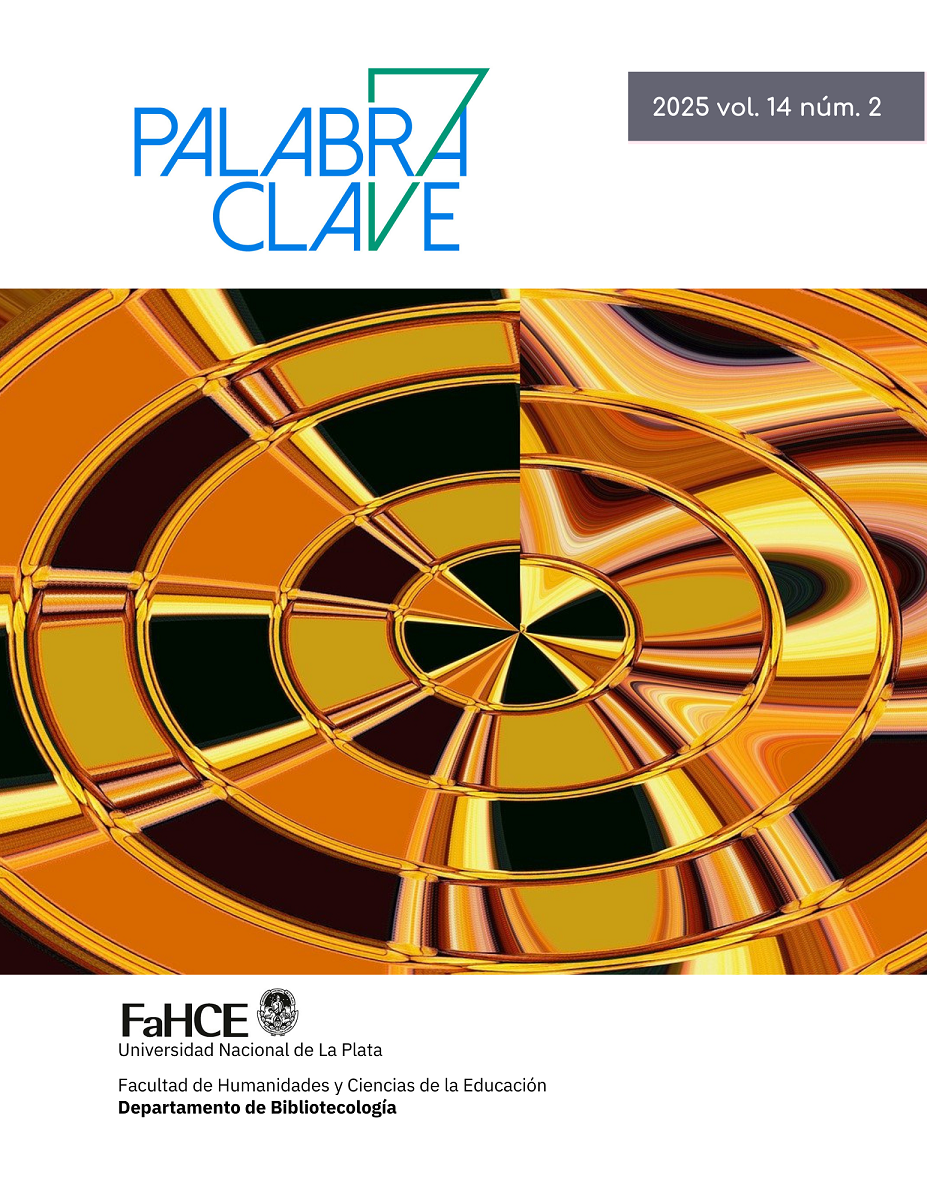Mapping of information and knowledge sharing practices in institutions of the science, technology, and innovation system in Mozambique
Main Article Content
Abstract
Mozambique's science, technology and innovation system brings together government institutions, public and private higher education institutions, public and private research institutes, and the research funding fund. The organizational structure of Mozambique's science, technology and innovation system is constituted by the National Council of Science, Technology, which, in turn, is chaired by the Ministry of Science, Technology and Higher Education. This research aims to analyze how the institutions that make up the system share information and knowledge on institutional websites. The established methodological procedures focus on mapping the institutions that make up the system, which is therefore exploratory research. The mapping focused on identifying the actors in the science, technology, and innovation system in Mozambique, measuring the informational content on the websites of the institutions that make up the system, considering their information and knowledge sharing practices. The research results demonstrate that of the 91 institutions: government entities; public higher education institutions; private higher education institutions; public research institutes; research funding funds; Private and non-governmental research institutes, 75 have websites. Information and knowledge sharing practices demonstrate a variety of channels, means and forms used, with most of the information shared being generated within the institution itself. It is concluded that although institutions mention on their websites the means of sharing information and knowledge, some do not present data that can be recovered. It is considered that a large part of the system's institutions contributes to the act of sharing information and knowledge, aiming at the functioning of Mozambique's science, technology, and innovation system.
Downloads
Article Details

This work is licensed under a Creative Commons Attribution-NonCommercial-ShareAlike 4.0 International License.
References
Amaya, N. & Grueso Hinestroza, M. P. (2017). Factores distintivos de las organizaciones intensivas en conocimiento. PODIUM, 32(32), 75-87. https://doi.org/10.31095/PODIUM.2017.32.6 DOI: https://doi.org/10.31095/podium.2017.32.6
Boisot, M. H. (1995). Information Space: Framework for Learning in Organizations: Institutions and Culture. Routledge.
Choo, C. W. (2003). A organização do conhecimento: como as organizações usam a informação para criar significado, construir conhecimento e tomar decisões. Editora SENAC.
Davenport, T. H. & Prusak, L. (1998). Ecologia da informação: por que só a tecnologia não basta para o sucesso na era da informação. Futura.
Logan, R. K. (2012). Que é informação?:a propagação da organização na biosfera, na simbolosfera, na tecnosfera e na econosfera. Contraponto; PUC-Rio.
Logan, R. & Stokes, L. (2004). Collaborate to Compete: Driving Profitability in the Knowledge Economy. Wiley.
Mora, A. M. S. & Mora, C. S. (2003). Glosario de términos relacionados con la divulgación: una propuesta. El Muégano divulgador, 21(9).
Sant’Ana, R. C. G. (2016). Ciclo de vida dos dados: uma perspectiva a partir da Ciência da Informação. Informação & informação, 21(2), 116-142. https://doi.org/10.5433/1981-8920.2016v21n2p116 DOI: https://doi.org/10.5433/1981-8920.2016v21n2p116
Sen, A. (2024). Organizational Knowledge and Knowledge Management: A New Framework. American Journal of Management Science and Engineering, 9(1), 1-12. https://doi.org/10.11648/j.ajmse.20240901.11 DOI: https://doi.org/10.11648/j.ajmse.20240901.11
UNESCO (2021). Mapeamento da Investigação e Inovação na República de Moçambique. UNESCO. https://unesdoc.unesco.org/ark:/48223/pf0000375478
